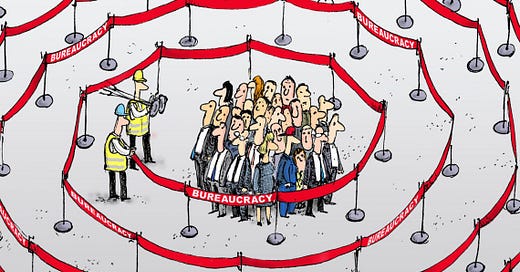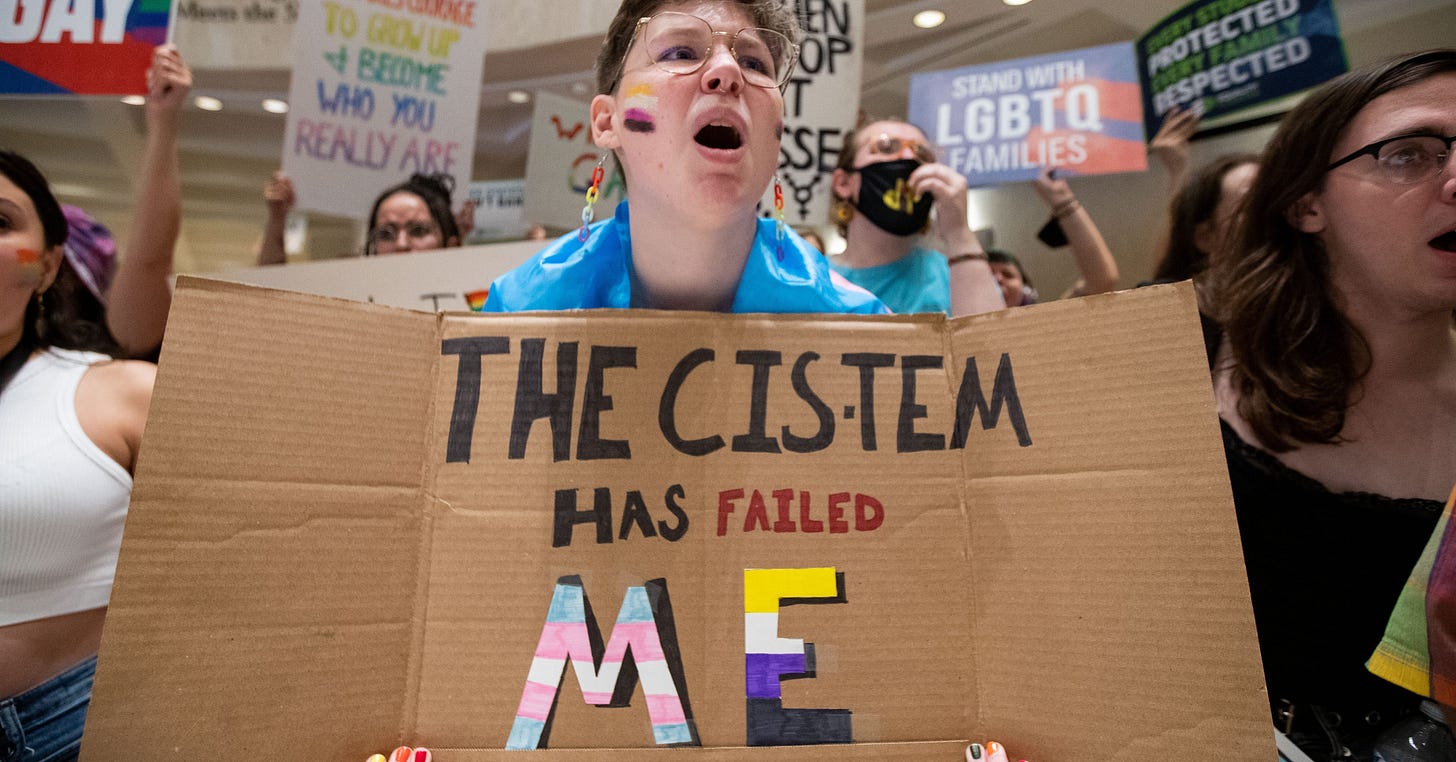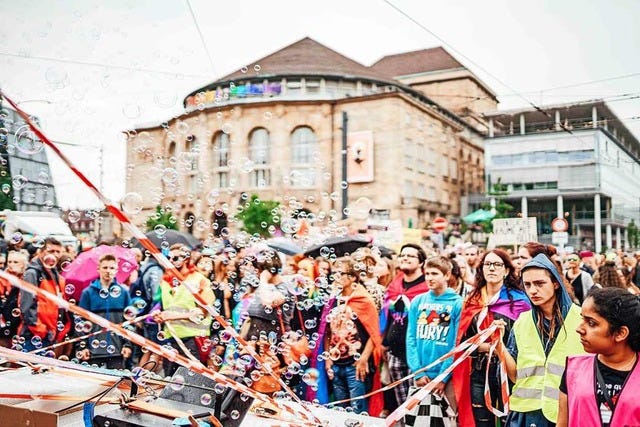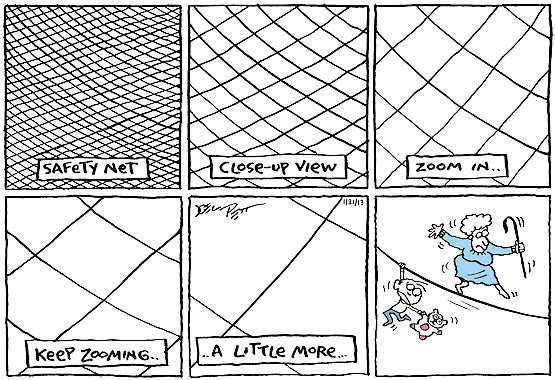The Broken Safety Net: A Crisis in Social Support Systems
A Broken System Failing the Vulnerable
In times of crisis, when the most vulnerable members of society need help, it is often the systems designed to support them that stand in their way. While NGO’s, charitable organizations and social support services strive to provide assistance to marginalized individuals, they are increasingly stymied by bureaucratic red tape and also further by funding restrictions that leave people falling through the cracks. As someone who has experienced first hand the frustration of navigating this broken system, I can attest to the inefficiency and lack of coordination that continues to harm those already living on society’s margins.
Personal Experience of Marginalization
In recent weeks, I found myself in a challenging and precarious situation, one that many marginalized individuals face when seeking help: a lack of support due to the restrictions placed on various organizations by government policies and systemic hurdles. This is not a story of callous organizations unwilling to help, quite the opposite. These organizations tried. They offered advice, expressed their sympathy, and wanted to assist. But the reality is far more complex and insidious than most people understand.
I reached out to numerous organizations, each with a history of providing support to people in need. The Salvation Army, a longstanding institution known for assisting the homeless, was unable to help, explaining that they were waiting on local government authorization to provide shelter and services. The Fluss Freiburg team, despite actually expressing deep empathy for my situation, told me they lacked the capacity to offer counseling at that moment. Rubicon, a well-known organization for LGBTQ support, unfortunately, could not offer direct assistance because of their own limitations. Other organizations, such as LSVD, Caritas, other LGBTQ NGO’s, and Gemeente Groningen, next to Gemeente Dordrecht, simply informed me that they could not help, citing reasons such as nationality (due to policy restrictions), or lack of available resources.
Bureaucratic Red Tape: The Barrier to Access
What I encountered wasn’t a lack of will or desire to help. These organizations were doing what they could within the constraints of the systems they operate in. They wanted to help, but the bureaucratic systems they are tethered to prevented them from doing so. The reality is that marginalized people are often caught in a web of complex and disjointed systems, unable to access the support they desperately need because of the political and structural systemic limitations that shape how resources are distributed. This situation then also underscores a critical failure in the political system. When social support services are repeatedly hampered by red tape, the most vulnerable populations are left to fend for themselves. These systems often rely on outdated protocols, restrictive funding models, and policies that force organizations to operate within rigid frameworks that simply cannot keep up with the reality on the ground. The lack of a cohesive strategy means that those who are most in need of support, often those from marginalized groups, are left with no safety net to catch them when they fall.
It's important to stress that the organizations I contacted were doing their best within these constraints. They were empathetic, understanding, and eager to help, but the bureaucratic restrictions they face on a daily basis severely limit their ability to offer practical assistance. The system, in its current form, is not designed to provide adequate support to those who are most at risk, creating a situation where organizations are powerless to deliver the help that is so urgently needed.
At the heart of this issue lies a fundamental disconnect between the needs of marginalized individuals and the systems that are supposed to support them. Political systems and bureaucratic structures must evolve to ensure that services are flexible, responsive, and able to meet the unique needs of those on the margins. Until these systemic barriers are addressed, organizations will continue to be left powerless, and marginalized people will remain at the mercy of a system that is failing them.
Political Inaction and Outdated Structures
This is a policy failure, not an organizational failure. The organizations I reached out to are committed to their missions of helping those in need, but they are caught in the web of bureaucratic red tape and restrictive government policies that prevent them from doing their work to the fullest. The failure isn’t theirs, it is a failure of the political system, which needs to prioritize the needs of marginalized individuals and ensure that resources are made available where they are needed most.
It is time for the government to step up and take responsibility for this systemic failure. Policies must be reformed to ensure that marginalized people are not left without support due to arbitrary restrictions, geographic limitations, or outdated frameworks. Funding models need to be re-evaluated to ensure that organizations are adequately resourced, and have the availability to meet the needs of the communities they serve. The political system must acknowledge that, when it fails to provide the proper infrastructure and funding, it is directly contributing to the marginalization and suffering of vulnerable populations. This directly reflects on the failure of the current political system that have stripped the social safety net, to the point where not only those marginalised, but anyone is left to fend for themselves.
Until that happens, people will continue to fall through the cracks, victims of a system that was designed to help them but has instead become a barrier to the very support they need. It’s time to recognize this issue for what it is: a failure of governance, and a failure to ensure that every member of society is treated with the dignity and respect they deserve. Yet in the mean time the only current solution that remains is for the community having to create their own communal support system in these times. Despite the lack of support, and the situation as it is, I shall continue to fight for my right to exist as who I truly am. One could say….









